Socially anxious kids don’t suddenly just get over it when they get older.

Whether they’re naturally shy and introverted or they’ve experienced things that make social situations something to dread rather than look forward to, these kids often grow up carrying around a heavy weight that bogs them down even into adulthood. While therapy or counselling can help, as adults, they might still do these things. You might even relate to some of these yourself.
1. Conversations play on a loop at night.
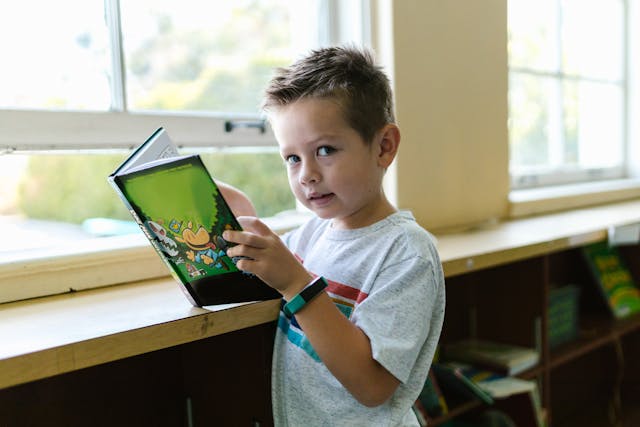
You know those tiny, throwaway comments from days or even weeks ago? They tend to creep back in at the worst times—usually when you’re trying to sleep. Adults who grew up with social anxiety often replay interactions in their heads, dissecting every word and wondering how they came across. It’s a habit that usually stems from early experiences of overthinking how other people see us. Writing these thoughts down can sometimes help break the cycle.
2. Even simple plans feel like a mission.

Something as basic as making a phone call or meeting a friend for coffee can feel like preparing for a full-on presentation. It’s not about being thorough—it’s more about trying to predict every possible scenario because, as kids, social situations often felt like minefields. While it’s tempting to over-plan, setting a time limit for preparation can stop things from feeling so overwhelming.
3. Invitations feel like pressure.

When a social invite pops up, the gut reaction might be to say no, even if deep down you’d like to go. This isn’t about being unfriendly; it’s a defence mechanism from years of finding comfort in sticking to familiar routines. Taking a day to decide instead of answering on the spot can help push past that initial urge to withdraw.
4. Giving support feels natural — receiving it, not so much.
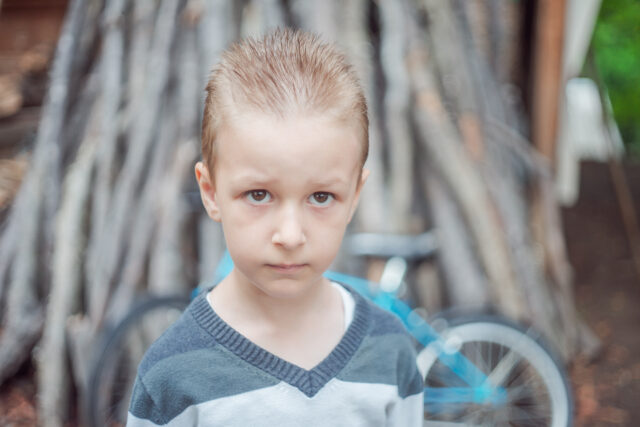
Adults who were socially anxious kids often become the go-to person for everyone else, always ready to listen or lend a hand. But letting someone else be there for them? That’s harder. This reluctance usually comes from not wanting to feel like a burden. Starting small—like asking for tiny favours—can make it easier to accept help without guilt.
5. Group decisions can be stressful.

Whether it’s deciding where to eat with friends or contributing to a team project, being part of a group decision can bring on a surprising amount of stress. The fear of making the “wrong” choice or standing out often stems from childhood experiences of wanting to blend in. Practising speaking up in smaller, low-pressure settings can help make it feel less daunting.
6. They pick up on everyone’s feelings.
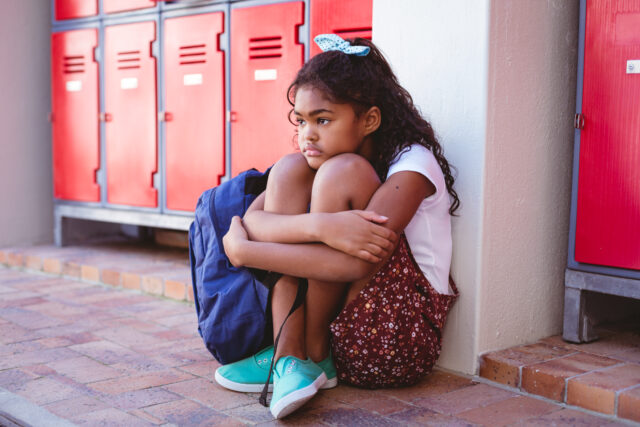
People who’ve grown up with social anxiety are often hyper-aware of the mood in the room. They’ll spot the slightest shift in someone’s tone or body language. While this sensitivity can be exhausting, it also means they’re often incredibly empathetic. Learning to recognise when it’s okay to step back from other people’s emotions can help protect their own energy.
7. Friendships are few but meaningful.
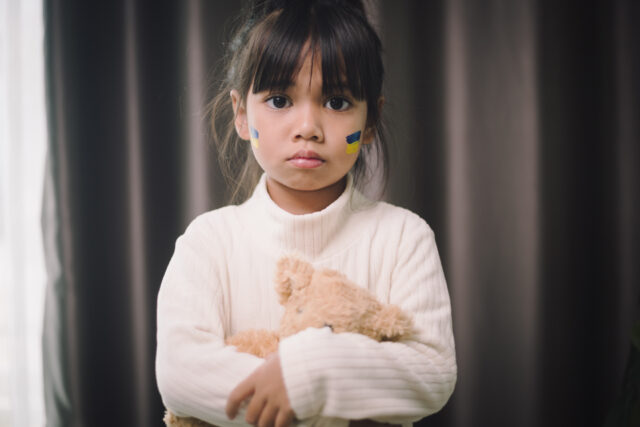
Rather than spreading themselves thin with lots of acquaintances, socially anxious adults tend to stick to a tight circle of close friends. It’s not about being standoffish—it’s about valuing deeper, more genuine connections. These friendships often end up being some of the most loyal and long-lasting.
8. Social nerves show up in their bodies.
 Source: Unsplash
Source: Unsplash The physical side of anxiety—sweaty palms, shaky hands, or a dodgy stomach—often sticks around into adulthood. These reactions are tied to how their body learned to respond to stress as kids. Regular exercise or movement can help release some of this tension and reduce the impact of those physical symptoms.
9. They plan escape routes just in case.

Walking into a social setting, they’ll automatically clock the exits or quieter corners. It’s not something they do consciously—it’s just how they learned to feel safe in potentially overwhelming spaces. Creating little rituals for tricky situations can add an extra layer of comfort.
10. Confidence at work doesn’t mean confidence everywhere.
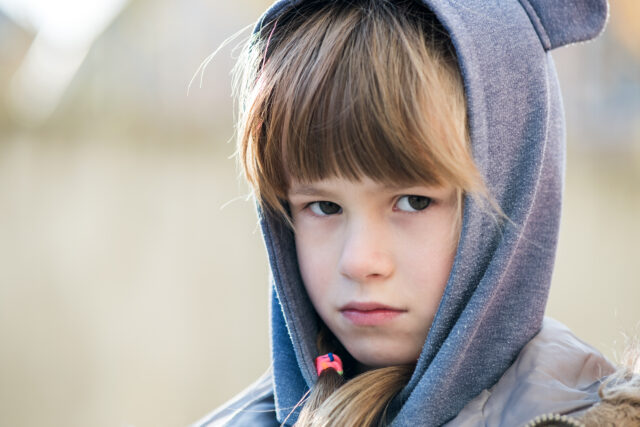
Many socially anxious adults excel in their careers, especially in jobs where they can work independently. But that professional self-assurance doesn’t always translate to social situations. Recognising that being great at work and feeling awkward in social settings are separate things can take some of the pressure off.
11. They notice the smallest social cues.

Years of navigating social situations carefully means these adults have an almost sixth sense for picking up on unspoken dynamics. They’ll often use this awareness to avoid conflict or manage tricky situations smoothly. While it can be draining, it’s also a skill that can be a huge asset, especially in group settings.
12. Alone time isn’t a luxury; it’s a must.
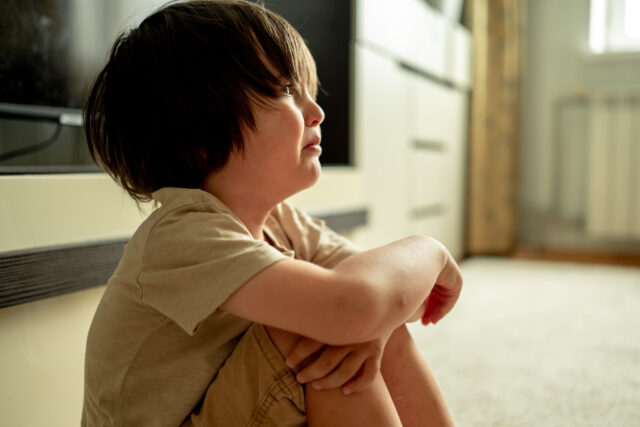
After spending time around people, socially anxious adults often need a proper recharge. This isn’t about being unsociable—it’s about understanding their own limits. Building in regular downtime can help them manage their energy and avoid burnout.
13. They step up when it really matters.
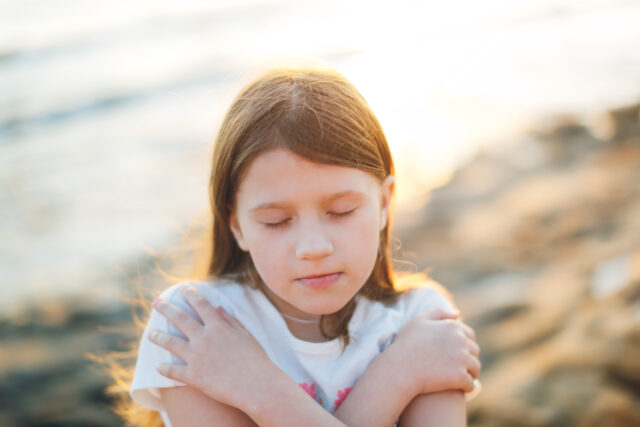
Despite their struggles, socially anxious adults often show incredible strength in protecting people or standing up for something they believe in. These moments of courage often come from their own experiences, driving them to make sure no one else feels the way they once did. It’s a reminder of just how resilient they are, even when it doesn’t feel like it.
14. Socialising takes a lot out of them.
 Source: Unsplash
Source: Unsplash After a gathering or event, they’ll often need more time than most to recover. It’s not just about being tired—it’s about processing everything that happened and letting the tension unwind. Having a go-to post-social routine can make it easier to bounce back.




